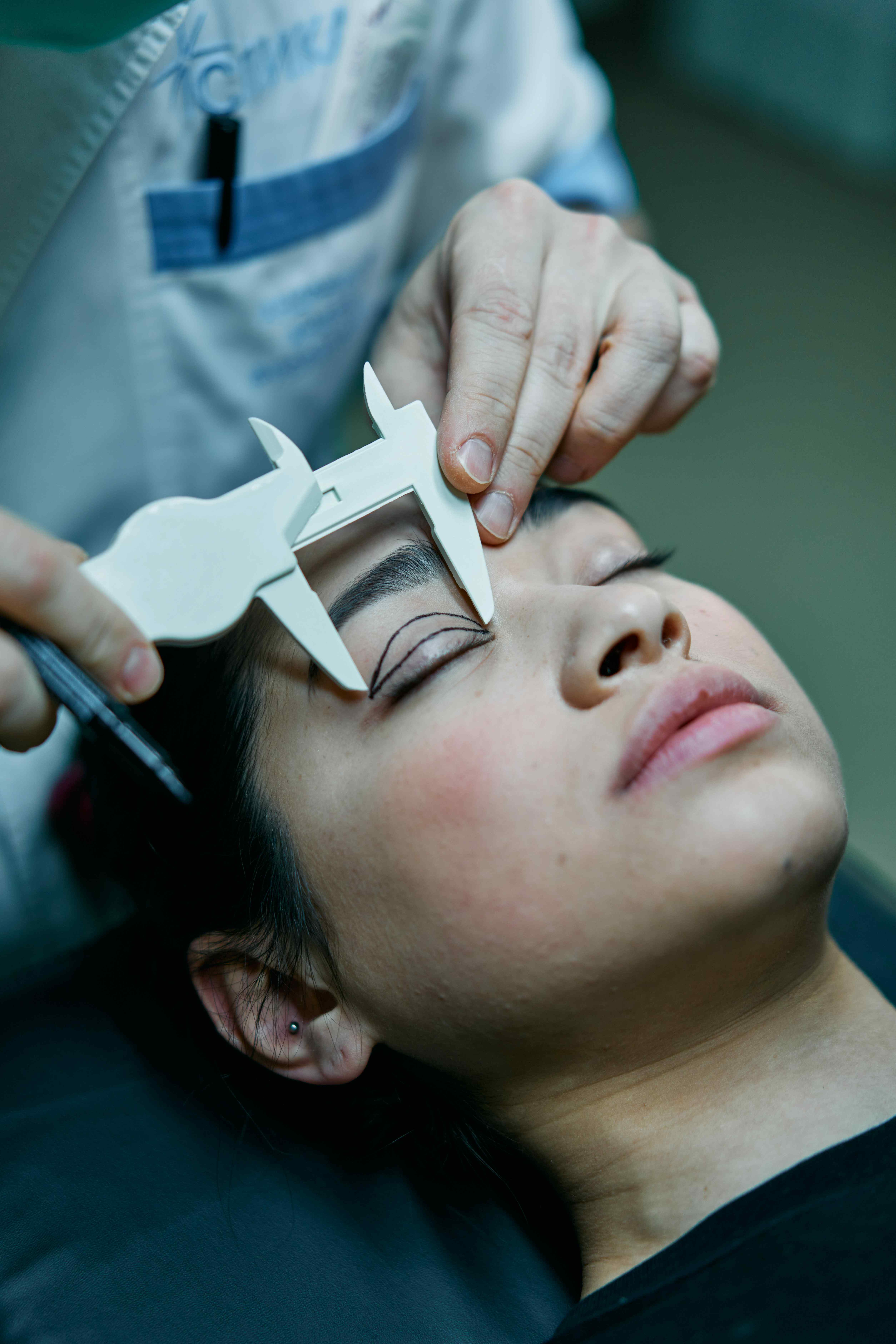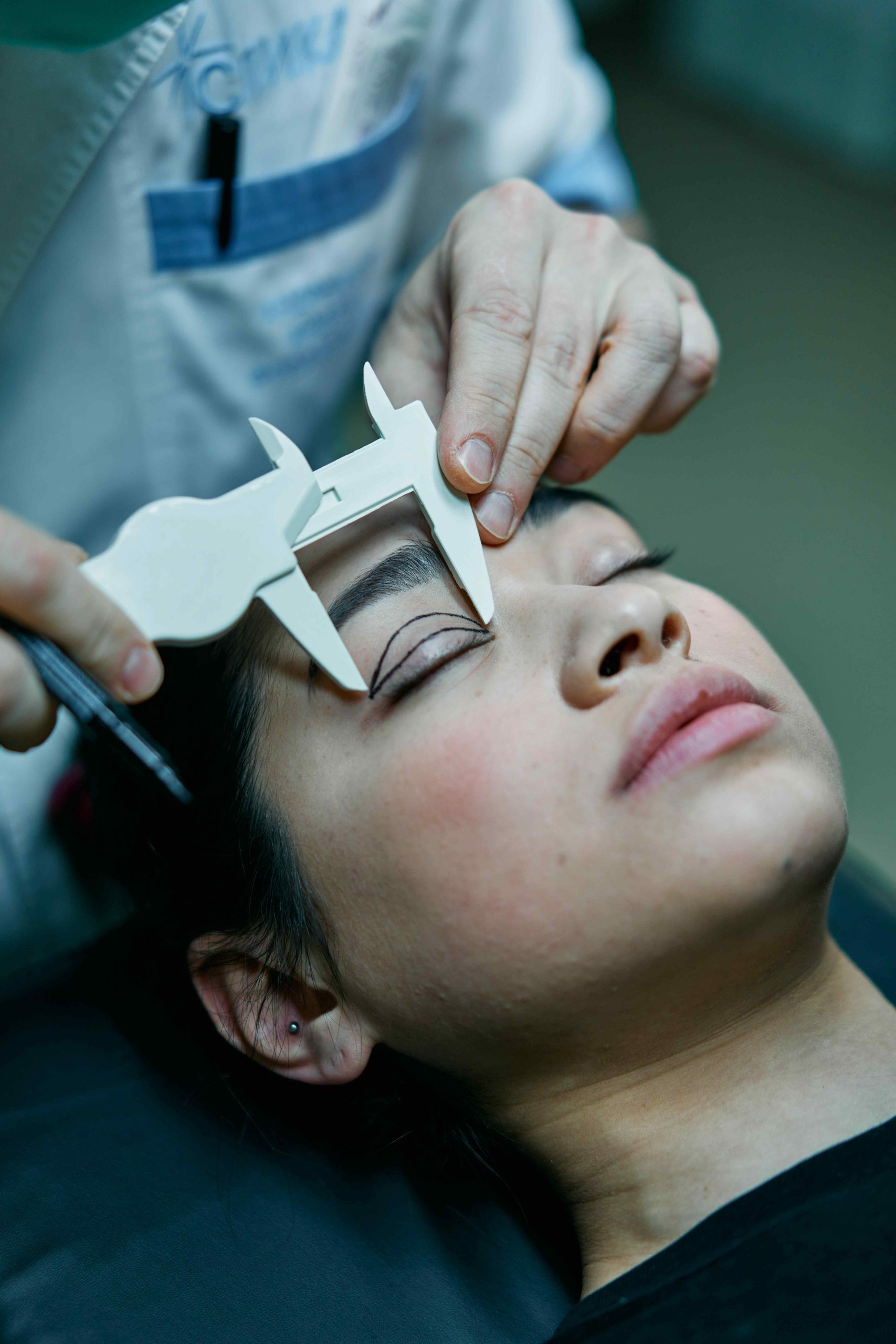
# The Reaction Against Zicsaloma’s Rhinoplasty: A Discourse on Gender, Aesthetics, and Independence in Africa
## Introduction
Nigerian comedian Aloma Isaac Junior, known as Zicsaloma, recently had a rhinoplasty done. Instead of being met with interest or support, he encountered mockery, severe backlash, and allegations of self-loathing. This response highlights the entrenched prejudices in African cultures—especially regarding masculinity, beauty standards, and individual autonomy.
What is the reason behind the continued stigma surrounding cosmetic procedures for African men, despite improvements that have made them safer and more available? The uproar about Zicsaloma’s decision reveals a wider societal hypocrisy: while women who choose plastic surgery frequently face scrutiny, there is some recognition of the beauty standards they must contend with. Conversely, men are largely anticipated to disregard their appearance, perpetuating outdated notions of masculinity.
## Cosmetic Surgery and the Masculinity Discourse
In numerous African cultures, there is an unspoken expectation that men must embrace their natural appearances. While grooming, skin care, and fitness are seen as acceptable methods of self-enhancement for men, cosmetic surgery remains a taboo subject. This isn’t exclusive to Africa, though it is notably emphasized on the continent due to strict gender norms.
The global dialogue concerning male plastic surgery is shifting. Findings from the **International Society of Aesthetic Plastic Surgery (ISAPS) Global Survey 2023** indicate that some of the most sought-after procedures among men include eyelid surgery (blepharoplasty), gynecomastia surgery (male breast reduction), liposuction, rhinoplasty, and facial fat grafting. These surgeries address both visual and medical issues.
In **South Korea**, for example, plastic surgery is widely embraced, with **rhinoplasty and eyelid surgery** being prevalent among young men. A **2020 study** revealed that around **10% of South Korean respondents** had experienced plastic surgery, including male participants opting for procedures for both health and aesthetic desires.
However, in **Africa**, male plastic surgery remains a contentious issue. The belief that a man modifying his looks is unnatural, vain, or lacking masculinity is a considerable obstacle to more open discourse about male cosmetic interventions.
## An Overlooked Legacy of Body Modification
Historically, many African cultures have practiced body modifications such as **scarification, tribal markings, and cosmetic dentistry**. These alterations often symbolized status, identity, and beauty, yet contemporary plastic surgery is frequently perceived as excessive or disingenuous.
This irony is profound. Traditional modifications were culturally accepted, while cosmetic surgeries influenced by Western ideals are often seen as a rejection of one’s cultural identity. Yet, both types of body modification share the same core principle—**self-expression and personal identity**.
### Is There a Genuine Distinction?
If someone can opt for **tribal markings or a lip plate** as an assertion of their cultural identity, why can another not choose surgery to boost their confidence? Ultimately, both modification types revolve around taking control of one’s appearance.
The **central distinction is in perception**, not in the act itself. Society embraces historical modifications but pushes back against contemporary ones. This resistance may arise from the persistent belief that cosmetic surgery represents a rejection of “natural beauty” or traditional principles. However, individuals who pursue cosmetic surgery may not inherently dislike themselves—they simply seek to enhance specific features to achieve comfort in their skin.
## More Than Vanity: The Emotional and Health Advantages of Plastic Surgery
Many individuals consider plastic surgery to be solely about vanity, but this is a **reductionist** and **erroneous** perspective. Procedures such as rhinoplasty can address issues beyond aesthetics, like **fixing breathing problems due to a deviated septum**.
Other commonly performed surgeries for men include:
– **Liposuction and body shaping**, which can assist those facing obesity-related self-esteem challenges.
– **Gynecomastia surgery**, which addresses hormonal issues leading to excessive breast tissue growth in men.
– **Facial surgeries**, which may help individuals feel more confident, lessen anxiety, or even enhance job opportunities.
According to **Dr. Andrew Jacono**, a prominent **facial plastic surgeon**, many men pursue surgery not in quest of perfection but rather to **be at ease in their own skin**. Research has shown that confronting a long-standing insecurity with cosmetic procedures can **vastly lessen anxiety and depression**.
## The Hypocrisy: Men, Aesthetics, and Personal Care
Zicsaloma’s situation provides a chance to examine the **contradictory perceptions of men and aesthetics**. If men are encouraged to:
– Hit the gym ✅
– Invest in skincare ✅
– Dress sharply ✅
Then why is plastic surgery—arguably the next logical step in personal grooming—seen **so differently**? **Why is it “acceptable” for men to exercise to shape their bodies but
